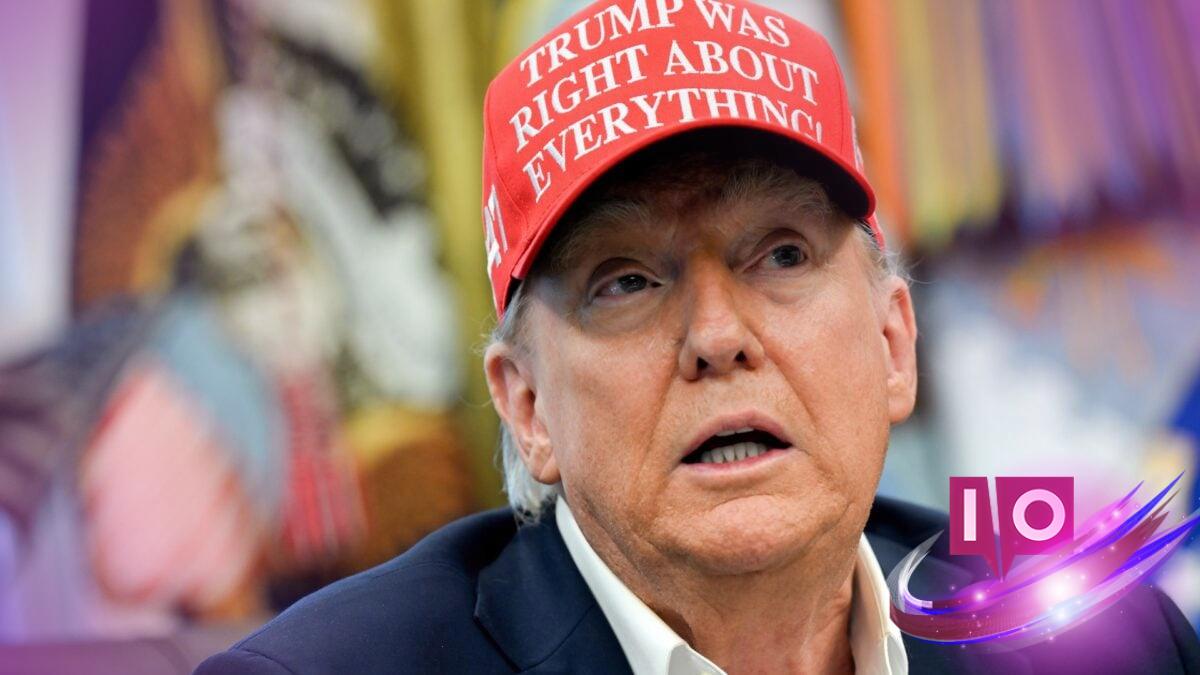President Donald Trump recently announced a significant move in the tech industry: the U.S. government will acquire a 10% stake in Intel, a key player in the semiconductor market facing tough challenges. This decision sparked conversations, particularly around Trump’s choice of the word “control,” raising questions about the implications for corporate governance.
In a post on Truth Social, Trump claimed, “It is my Great Honor to report that the United States of America now fully owns and controls 10% of INTEL, a Great American Company that has an even more incredible future.” However, whether the government will exert control over corporate decisions remains unclear, especially when previous statements indicated no governance role would be assumed.
The Implications of Government Ownership
It’s not entirely unexpected that the U.S. is taking a stake in Intel; rumors about this deal began circulating last week. However, the nuances of Trump’s announcement warrant scrutiny, particularly how he defines “control.” This repurposing of prior Biden-era grants into equity offers a financial boost for Intel, now valued at approximately $11 billion (around €10.4 billion).
“I negotiated this Deal with Lip-Bu Tan, the Highly Respected Chief Executive Officer of the Company,” Trump continued in his post, emphasizing the economic importance of semiconductors. “Building leading-edge Semiconductors and Chips, which is what INTEL does, is fundamental to the future of our Nation.” He concluded with his familiar rallying cry, “MAKE AMERICA GREAT AGAIN!”
Responses from the Administration
Commerce Secretary Howard Lutnick faced questions during an interview about the nature of the government’s stake in Intel. When asked about governance by CNBC host David Faber, Lutnick insisted repeatedly that the role does not involve governance, dismissing the idea outright. “No, no, no, no, no…” he reiterated, suggesting it was a misinterpretation.
Faber challenged Lutnick’s dismissal, pointing out that any entity holding 10% ownership generally expects some influence over operations. Lutnick emphasized the “non-voting” aspect of the shares, following a pattern set by a previous incident involving a “golden share” from Nippon Steel with U.S. Steel. This raises questions about what real influence, if any, the government will have over Intel’s operations.
Who Initiated the Deal?
Interestingly, Lutnick was the first to break this news on social media before Trump made his announcement. While Lutnick wrote, “BIG NEWS: The United States of America now owns 10% of Intel,” the weight of Trump’s assertion carries more publicity in today’s political landscape.
After meeting with Tan last week, Trump shifted from calling for the Intel CEO’s resignation to securing this deal. The narrative underscores a significant turn in business relations and governance tactics within the semiconductor industry.
What Are Political Reactions?
The reaction among Democrats is mixed. Senator Bernie Sanders expressed support for the government’s stake, advocating for a reasonable return on taxpayer investments in profitable microchip firms. However, Senator Mark Warner was less committal. He emphasized a need for strategic oversight to ensure that U.S. technological advancements do not undermine national security.
Why Does This Matter for America?
Warner correctly points out the necessity for Congress to examine potential conflicts or undue influence over private companies. However, in a climate where issues like armed troops in Washington loom large, the likelihood of effective congressional oversight might be diminished.
What is the long-term impact of the U.S. government investing in tech companies like Intel? This involvement could lead to advancements in national security through enhanced tech innovations. Yet, it could also usher in challenges around corporate governance dynamics, as we witness the layering of government interests into private enterprises.
What does a government ownership stake in Intel mean for the tech landscape? It suggests an ongoing trend where federal investment could bolster domestic industries, potentially transforming the future of American innovation.
How could this affect the semiconductor industry globally? The shift could lead to heightened competition with foreign markets, creating both challenges and opportunities for growth within the U.S. economy.
In conclusion, as the landscape of corporate governance changes, staying informed about such developments is invaluable. This situation not only influences economic indicators but also sets the tone for how government and business interact. For the latest insights and discussions on similar topics, feel free to explore more at Moyens I/O.
